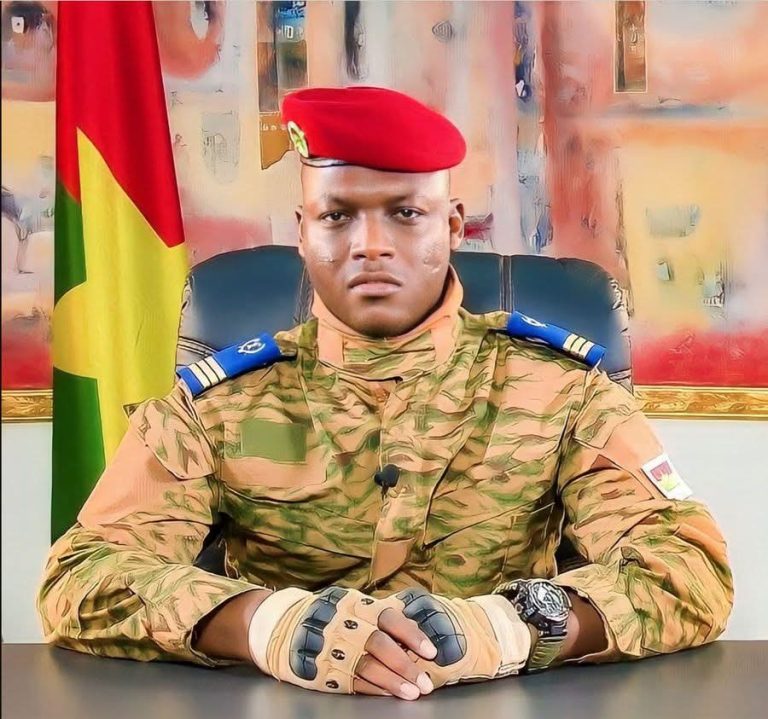Burkina Faso’s transitional government has officially renamed and expanded the country’s regions and provinces, replacing colonial-era names with indigenous ones rooted in local culture and language. The move is to assert national identity and enhance grassroots governance.
Following a Council of Ministers meeting held on July 2, 2025, the government announced the creation of four new regions and two new provinces, bringing the total to 17 regions (up from 13) and 47 provinces (from 45). The sweeping administrative reform is aimed at deepening decentralization and aligning the country’s territorial divisions with its cultural heritage.
“The renaming and reorganization of our regions is a necessary step in decolonizing our governance structures and bringing government closer to the people,” the government said in a statement following the cabinet session.
New region names and capitals:
- Bankui (Dédougou)
- Djôrô (Gaoua)
- Goulmou (Fada N’Gourma)
- Guiriko (Bobo-Dioulasso)
- Kadiogo (Ouagadougou)
- Kuilsé (Kaya)
- Liptako (Dori)
- Nando (Koudougou)
- Nakambé (Tenkodogo)
- Nazinon (Manga)
- Oubri (Ziniaré)
- Sirba (Bogandé)
- Soum (Djibo)
- Tannounyan (Banfora)
- Tapoa (Diapaga)
- Sourou (Tougan)
- Yaadga (Ouahigouya)
Each name is derived from local languages and geographical features, reflecting the country’s diverse ethnic and cultural composition.
Infrastructure push
The regional reforms come alongside a major infrastructure initiative. President Captain Ibrahim Traoré recently announced that each of the 17 regions will soon have its own road construction brigade, equipped with modern machinery and staffed by local workers.
“This will not only create jobs but also speed up development and improve transportation in even the most remote areas,” Captain Traoré stated during a national address.
Symbol of sovereignty and decolonization
The renaming effort is part of a broader movement across the Sahel to reclaim African heritage and reduce lingering colonial influence. Similar efforts have been seen in changes to school curricula, language policy, and national holidays.
Analysts say the reform strengthens local ownership of governance and could enhance regional stability in a country still grappling with insecurity and economic challenges.
Burkina Faso’s new map is expected to be published in official gazettes and administrative platforms in the coming days.



1 Comment
Renaming means reshaping the nation, and not to mention the road network development being put in place, suiting the rightful owners
This is a long stride ahead that other African States need to emulate
I wish all our African States were led by fearless, focussed persons like this young man Traore